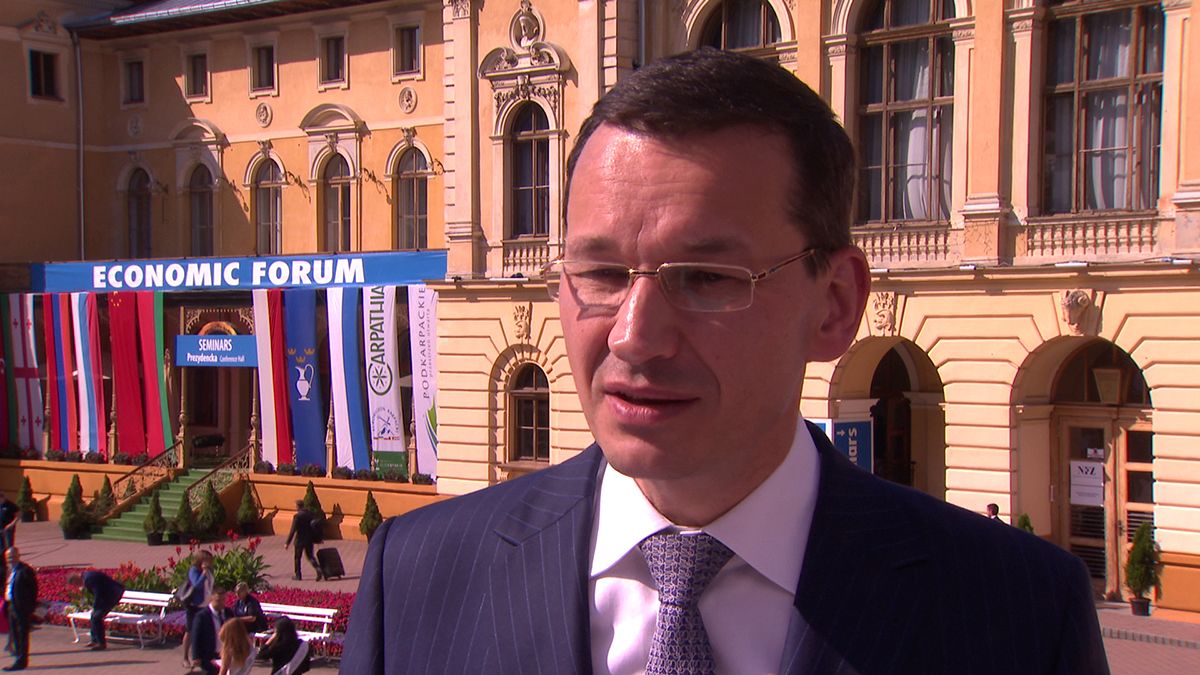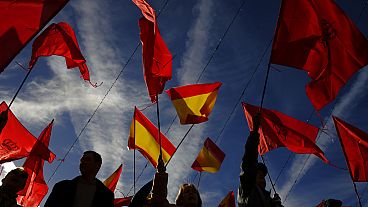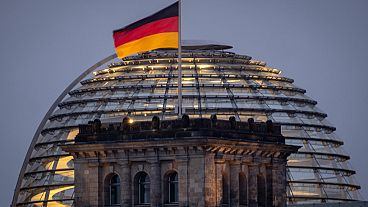The future architecture of the post-Brexit European Union will be discussed on September 16 in the Slovak capital of Bratislava.
The Visegrad group, a block composed by four Central European countries, the Czech Republic, Hungary, Poland and Slovakia, will try to force a major reform of the structure of the EU. They want the intergovernmental dimension to be enhanced at the expense of the European commission. They want a less federal Europe and more powers to be redistributed to national governments.
The four prime ministers, who unveiled their plans at the Economic Forum in the Polish spa resort of Krynica, want to use the case of Brexit as a last warning for the European Union in order to change its direction. The Central European axis seems particularly concerned by the increasing power of Germany within the EU and the quotas of immigrants that Brussels is asking them to accept.
The UK was in the nineties a staunch sponsor of the enlargement that opened the doors of the EU to the quartet. And in many occasions Central European governments backed up London’s attempts to water down, in the EU council meetings, what they considered as Brussels attacks on member states’ sovereignty.
But over the last decade the number of Polish migrants working in the UK jumped to the record figure of 831,000, overtaking Indian residents. Poles thus became targets of sporadic xenophobic attacks after the Brexit, whilst their labour status is at stake after the Brexit.
The ultra-conservative Polish government has been trying to take advantage of the UK leaving the EU, by attracting companies and banks such as RBS, Barclays, UBS, Credit Suisse, Citibank, and BNP Paribas that want to abandon London. Warsaw is also trying to persuade its own migrants living in Britain to come back home in order to make up for the shortage of workforce in Poland.
Polish Deputy Prime Minister, Mateusz Morawiecki, a former banker, and one of the top figures of the current leadership in Warsaw outlined Euronews the Polish strategy in view of the Bratislava summit.



